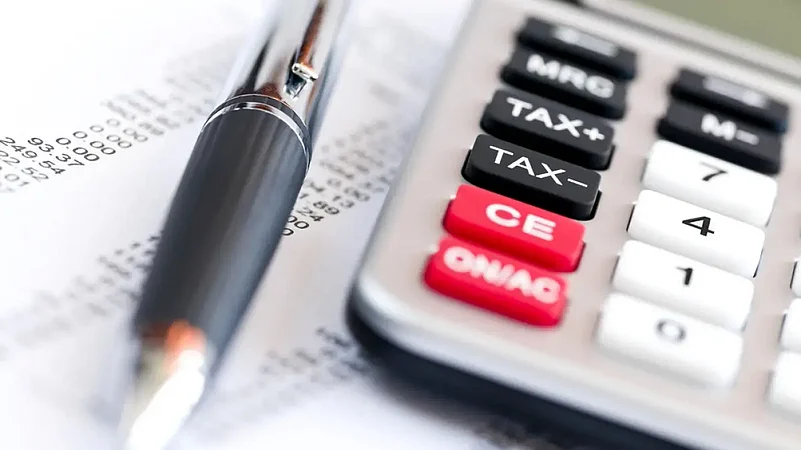I am a senior citizen. I have earned long-term capital gains (LTCG) of Rs 5 lakh on sale of a residential house in June 2022. My regular income comprises rent, interest on bank deposits and bonds, pension, and dividend on shares. My income exceeds the basic exemption limit. As per my understanding, being a senior citizen, I am not required to pay any advance tax. Do I have to pay the advance tax by March 15, 2023? If yes, will it be on LTCG or on full income, including capital gains?
As a rule, all taxpayers are required to pay advance tax in four instalments if their net tax liability as reduced by any tax deducted and/or collected at source exceeds Rs 10,000 in a year. The same has to be paid on June 15, September 15, December 15, and March 15 of the financial year in the ratio of 15, 30, 30, and 25 per cent, respectively. Any tax paid beyond March 15, but by March 31, is also treated as advance tax. However, the interest at 1 per cent is required to be paid on the delayed payment of advance tax.
A senior citizen is not required to pay any advance tax if he/she does not have any income taxable under the head “Profits and gains from business or profession”.
Since you do not have any income taxable under this head, you need not pay any advance tax on your income, including on long-term capital gains. You can discharge your tax liability while filing your income tax return, but not later than the due date of filing the income tax return (ITR), which is July 31, 2023. If you fail to file your return or pay tax by the due date of filing the return, you will have to pay interest for delay in filing of the ITR, as well as for delay in payment of taxes.
I had purchased a residential plot during the year 2002. The stamp duty rate was much lower than the actual price I paid to the seller (market value). As I understand, for tax purposes, I have to go by the stamp duty rates. Will I have to pay more tax than what I actually owe? Which of the two amounts (government valuation or market price) will be considered as ‘Cost of Acquisition’ for tax calculations?
For computing capital gains in respect of any capital asset acquired by a taxpayer prior to April 1, 2001, one has the option to treat the fair market value of the asset as on April 1, 2001 as his ‘cost of acquisition’.
In case of land and building, the fair market value for this purpose cannot exceed the stamp duty valuation on April 1, 2001. Since you have acquired the plot of land after this date, the restriction of the fair market value not to exceed the stamp duty value does not apply in your case. Moreover, it is optional for the seller to adopt the fair market value as on April 1; it is not mandatory.
So, as and when you sell this plot of land, the cost of acquisition for computing capital gains will be the actual price paid by you as indexed by cost inflation indices of years of sale and purchase. So, you will not have to pay any additional tax than what is actually due.
The author is a tax and investment expert
(Disclaimer: Views expressed are the author’s own, and Outlook Money does not necessarily subscribe to them. Outlook Money shall not be responsible for any damage caused to any person/organisation directly or indirectly.)































